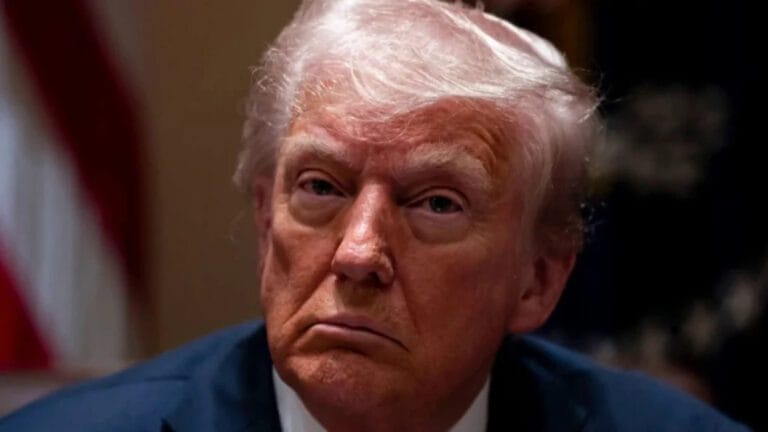🎧 Listen to This Article
President Donald Trump has suggested that there will be “flexibility” in his reciprocal tariff plan, even as he downplayed the possibility of making formal exceptions to the new trade duties set to take effect on April 2.
Speaking to reporters in the Oval Office, Trump acknowledged that multiple countries and industries have requested exemptions from the forthcoming tariffs. However, he maintained that once exceptions are granted to one nation, they must be extended to all, making broad exemptions unlikely.
“I don’t change. But the word flexibility is an important word,” Trump said. “Sometimes it’s flexibility. So there’ll be flexibility, but basically it’s reciprocal.”
What Are Reciprocal Tariffs?
Under Trump’s trade policy, countries that impose tariffs on U.S. goods will face equivalent tariffs on their exports to America. The policy could also apply to nations using non-tariff trade barriers, such as value-added taxes (VATs), that the administration believes unfairly impact American businesses.
Despite his firm stance, Trump previously granted a one-month exemption on import duties for major automakers, which some saw as a contradiction to his hardline tariff policies. He dismissed such claims, reiterating that while some adjustments may occur, the overall plan remains intact.
China and the Escalating Trade War
Trump also revealed plans to speak with Chinese President Xi Jinping, as Beijing has already imposed retaliatory tariffs on U.S. agricultural goods in response to his administration’s broader trade restrictions on Chinese imports. With global markets closely watching for signs of a full-scale trade war, Trump’s ongoing tariff announcements have increased investor uncertainty.
Trump has promoted April 2—the start date for the reciprocal tariffs—as “liberation day” for U.S. trade policy, signaling his administration’s intent to push forward despite pushback from industry leaders and international trade partners.
With concerns rising over economic fallout, businesses and foreign governments will be watching closely to see just how much “flexibility” Trump is willing to offer.
For further details, clarification, contributions, or any concerns regarding this article, please contact us at editorial@tax.news. We value your feedback and are committed to providing accurate and timely information. Please note that our privacy policy will handle all inquiries



